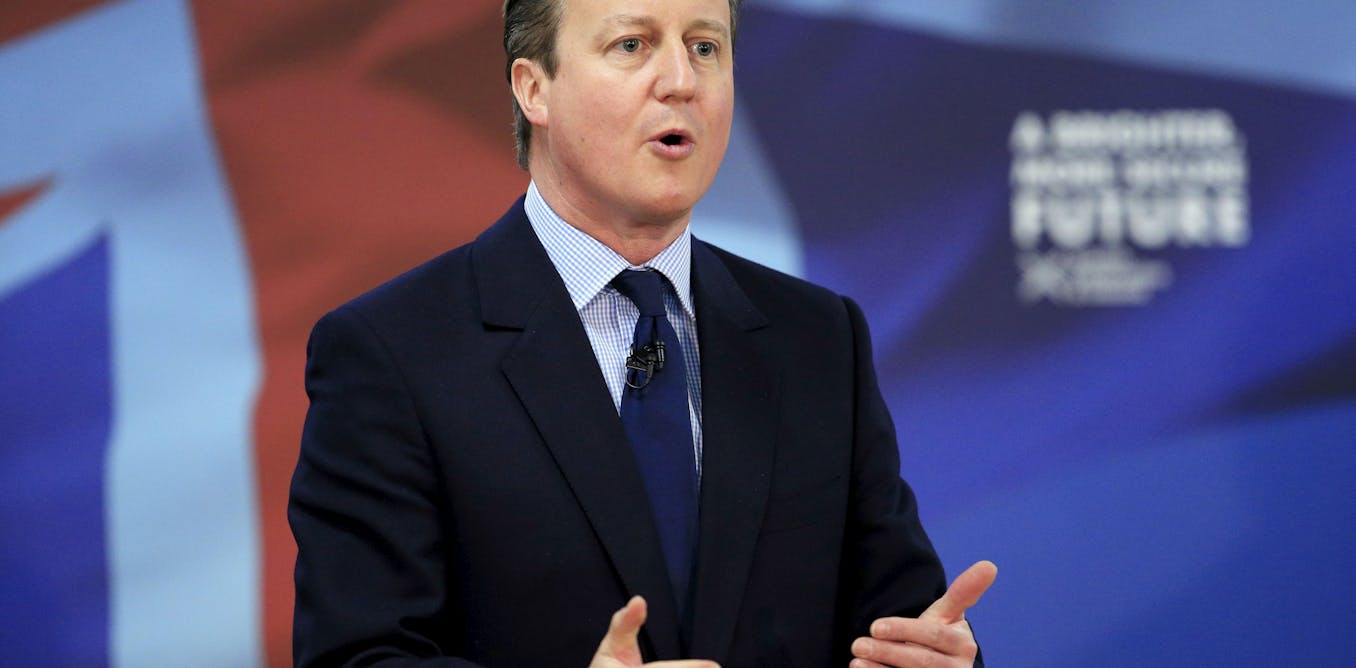
Party manifestos were an anti-climax, and the snp will be no different
- Select a language for the TTS:
- UK English Female
- UK English Male
- US English Female
- US English Male
- Australian Female
- Australian Male
- Language selected: (auto detect) - EN
Play all audios:

When the commitments of each party were described by their competitors during the television debates, they seemed refreshingly clear and starkly different. The Conservatives would massively
reduce welfare and continue to punish the poorest in society, Labour would trash the budget, and the Liberal Democrats would do whatever was in the middle of those two positions. UKIP would
make life unbearable for immigrants and the Scottish Nationalists would ditch fiscal responsibility altogether. But now that most of the party manifestos are out, it seems like such an
anti-climax. As a whole, it is not clear what any of the major parties would really do differently if they formed part of a government. In reality, they have covered so many of their
commitments in fudge. And although the debate in Scotland is distinctive, it is showing no signs of being an exception. THE SMALL PRINT The Conservatives and Labour don’t seem too far apart
on welfare cuts when you look at the manifestos. Both signal a cap on the maximum that people can claim; place a limit on the time that young people can remain out of work and on benefits;
and signal new rules to limit the benefits claimed by immigrants. Both argue that the lowest paid should pay less tax, and both promise to address the worst excesses of zero-hours contracts
while leaving plenty of wiggle room, since any effective new regulation is easier said than done. They also promise to reduce the budget deficit each year while maintaining the living
standards of the working and middle classes and asking those with the “broadest shoulders” to pay a little more. The Conservatives have meanwhile gone a bit Labour by promising major funding
increases in areas like health, but they don’t say exactly where the money would come from (note that their promise would work well with the Liberal Democrat commitment to better fund
mental health in their manifesto). WHAT WE LEARNED ABOUT SCOTLAND The biggest anti-climax is yet to come, with the launch of the Scottish National Party (SNP) manifesto next week. In the
meantime, we have learned two things about Scotland from the UK parties (though we pretty much knew them already). First, the UK parties will maintain a commitment to key spending areas in
England, such as health and education. This stymies the SNP argument that cuts to these areas would reduce the Scottish budget by equivalent amounts, in line with the rules of the Barnett
formula, the funding mechanism for Scotland, Northern Ireland and Wales. Second, the UK parties promise to keep their “vow” to implement the recommendations of the Smith commission to give
“extensive new powers” to Scotland. These include some new taxation powers and maintaining the Barnett formula. Only Labour hints at going a little bit further to deliver “home rule”. We
also now know that all three parties want to address the “English question”, albeit with the Conservatives using the strongest language (referring specifically to Scottish MPs). One big
unknown is how the SNP will frame the issue of full fiscal autonomy for Scotland, but you can expect it to make less of a commitment than Scottish Labour suggests (as I write, Scottish
Labour’s home page is dominated by five blog posts on the dangers of such autonomy). To all intents and purposes, this is a policy that no party wants – the UK parties oppose it
fundamentally, and the SNP really wants fiscal autonomy via independence. It simply isn’t going to happen. The fact that we are talking about it so much reflects the current nature of our
debate: the commitments of the major parties are much more dramatic when described by their competitors than they are in reality.
